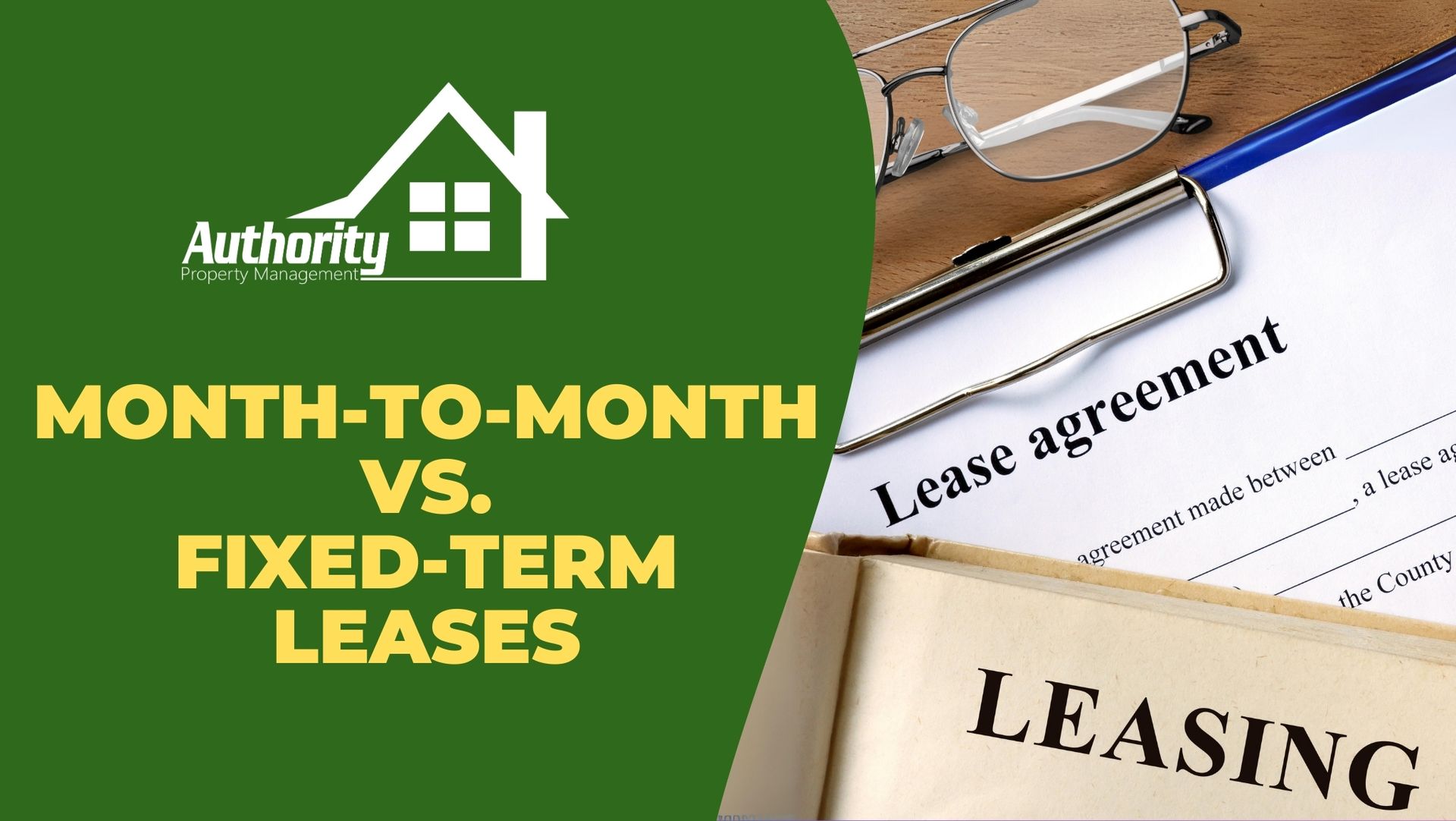FIXED EXPENSES:
Now start a new section for your fixed expenses. A fixed expense is an expense that will be the same total amount every month. It is a fixed cost. The amount does not change or vary.
An example of this would be a rent payment or a cell phone payment. It is a fixed amount that has to be paid every month. Ask the landlord what the rent payment would be for the rental house or apartment you are looking into and write it down. Now write down any other fixed expenses that you know you will have to pay every month and then add them all up to get your total fixed expenses.
FLEXIBLE EXPENSES:
Now start a section for your flexible expenses. A flexible expense is also an expense that occurs regularly, but the amount may change depending on the circumstances. For example, a utility payment is a flexible expense because it occurs every month, but the cost may change depending on your usage of electricity, gas, water, etc. Write down the average amount you might spend on utilities each month. Now write down any other flexible expenses you may have. It is also important to include gas and groceries in this list of expenses. How much do you spend on groceries per week? Multiply that by 4 to get your monthly cost. Now do the same for gas. Now add up all of your flexible expenses to find out your total flexible expenses.
TOTAL INCOME VS. TOTAL EXPENSES:
Now, add your total fixed expenses and your total flexible expenses to find out what your total expenses will be per month. Now take a look at your total income. Are your expenses higher or lower than your income? If they are higher, the rental house or apartment you are looking into is unaffordable for you. If they are lower, how much money do you have leftover after you would pay all of your expenses each month? That amount is your discretionary income. It is money that you can use at your discretion. Are you satisfied with the amount of money you have leftover? This is up to you. If you are satisfied with it, you may decide to move forward with the rental property you are looking into. If you are not satisfied with it, you may want to check out some other rental houses or apartments.
Ultimately, a budget will help you determine where you want to live and it will also effectively help you manage your financial responsibilities when you do decide on a rental house or apartment. A budget is a safeguard against mismanagement, late payments, debt, stress, and conflicts with your landlord. If you would like more information on how to effectively manage your responsibilities as a tenant, feel free to call us at Authority Property Management! We have done property management in Redding and Shasta County for years and would love to help you in any way we can! Give us a call at (530) 410-6085.




